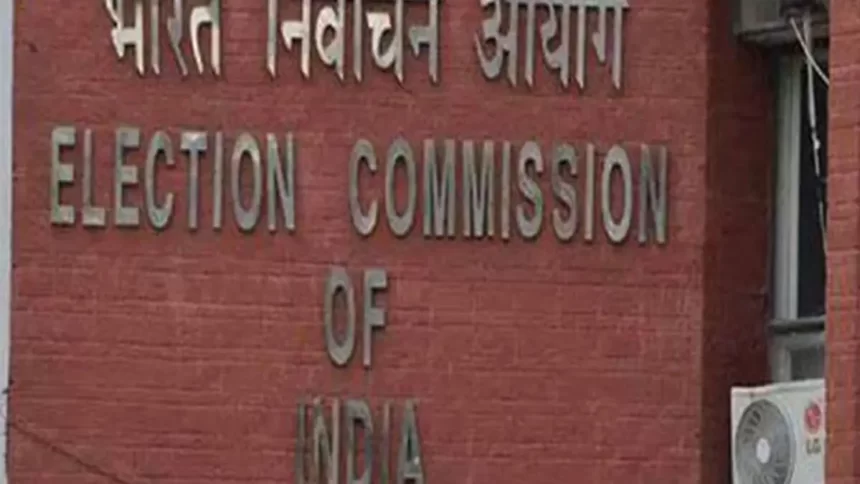In a significant setback for K Chandrashekar Rao’s Bharat Rashtra Samithi (TRS), the Election Commission (EC) has taken a decisive step by withdrawing permission for the disbursement of financial aid to farmers under the Rythu Bandhu Scheme in Telangana. This move comes in response to a state minister’s violation of the model code of conduct through a public announcement regarding the scheme.
The Rythu Bandhu Scheme, a flagship initiative of the Telangana government, aims to provide financial support to farmers for the cultivation of rabi crops. However, the EC’s decision underscores the importance of adhering to the model code of conduct during the electoral process.
The EC’s action follows a clear breach of guidelines when a state minister made a public announcement about the disbursement of financial aid under the Rythu Bandhu Scheme. Such public statements during the election period go against the principles set by the model code of conduct, which is implemented to ensure a level playing field and fairness in the electoral arena.
In its official statement, the Election Commission declared, “There shall be no disbursement under the Scheme till the Model Code of Conduct in the State of Telangana ceases to apply in all its forms.” This resolute stance emphasizes the Election Commission’s commitment to upholding the integrity of the electoral process and preventing any undue influence on voters.
More About The Decision:
The withdrawal of permission for disbursement is a notable setback for the TRS, led by K Chandrashekar Rao, as it hampers the implementation of a scheme that holds significance for the farming community in Telangana. The Rythu Bandhu Scheme has been lauded for its direct benefit transfer to farmers, aiming to alleviate financial burdens and support agricultural activities.
While the decision by the EC serves as a deterrent against potential violations of the model code of conduct, it also raises questions about the responsibility of political parties and leaders in ensuring strict adherence to electoral guidelines. The incident underscores the need for heightened awareness and accountability among political stakeholders during the electoral process.
As the political landscape in Telangana navigates through this setback, the Election Commission’s decisive action reinforces the importance of maintaining ethical conduct and fair practices, setting a precedent for electoral processes across the nation. The fate of the Rythu Bandhu Scheme’s disbursement now hinges on the cessation of the model code of conduct in the state, highlighting the intricate interplay between governance, politics, and electoral regulations.
